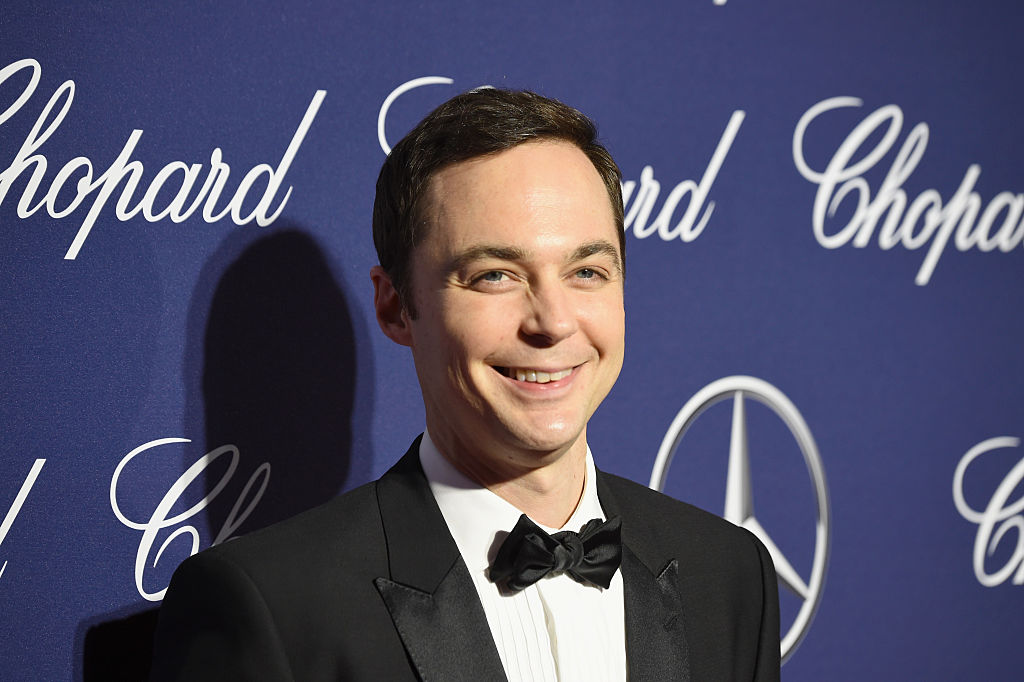Jim Parsons has revealed that he still fears losing the love of people who are important to him by living as an openly gay man.
The Big Bang Theory star told Attitude that starring in the queer Broadway play The Boys in the Band, and its subsequent Netflix film adaptation, brought up old fears of rejection.
“I realised that being gay and growing up around people and in a culture where that wasn’t celebrated – where it was reviled, in many ways – had an impact on me,” Parsons, 47, said.
“Happy as I am, I’m still working out the fear I grew up with, that by revealing who I really am, I will somehow lose the love of the people who are important to me.
“This story wasn’t a direct reflection of my time, and things have changed rapidly for gay people over the last couple of decades, but even now there’s that residual [feeling].”
Jim Parsons thinks being gay has made him a better actor.
However, Jim Parsons also said that he believes being gay has made him a better actor.
“To suddenly be part of a large group that has been – and still is – maligned at times with hateful things being said about them by other public figures – there was a sense of happiness and strength for me that I couldn’t have predicted.”
He continued: “As soon as it became a story, it made me feel very strong and I think in this day and age it only helped career-wise. I certainly have never felt it hurt my career – at all.
“It probably even helped me be a better actor. There’s always more layers of yourself you can share.”
Happy as I am, I’m still working out the fear I grew up with, that by revealing who I really am, I will somehow lose the love of the people who are important to me.
Jim Parsons came out publicly as gay in 2016, and told David Tennant on his podcast in August that opening up about his sexuality was a “great thing” for him.
“Looking back, not only has it not been a bad thing for me, it’s been the opposite and a great thing for me,” he said.
He said coming out was an organic process, revealing that he chose to respond honestly to a question from a journalist about his sexuality.
“I was doing an interview the year after A Normal Heart with The New York Times and Patrick Healy was interviewing me and he just asked, ‘Was it more meaningful to you to be part of A Normal Heart because you’re gay?’ I went, ‘Yes.’
“And I just thought, I sort of came out through the back door, which again sounds dirty in this conversation. But it kind of was appropriate because, to your first question, I wasn’t trying to hide from my friends and family.”
